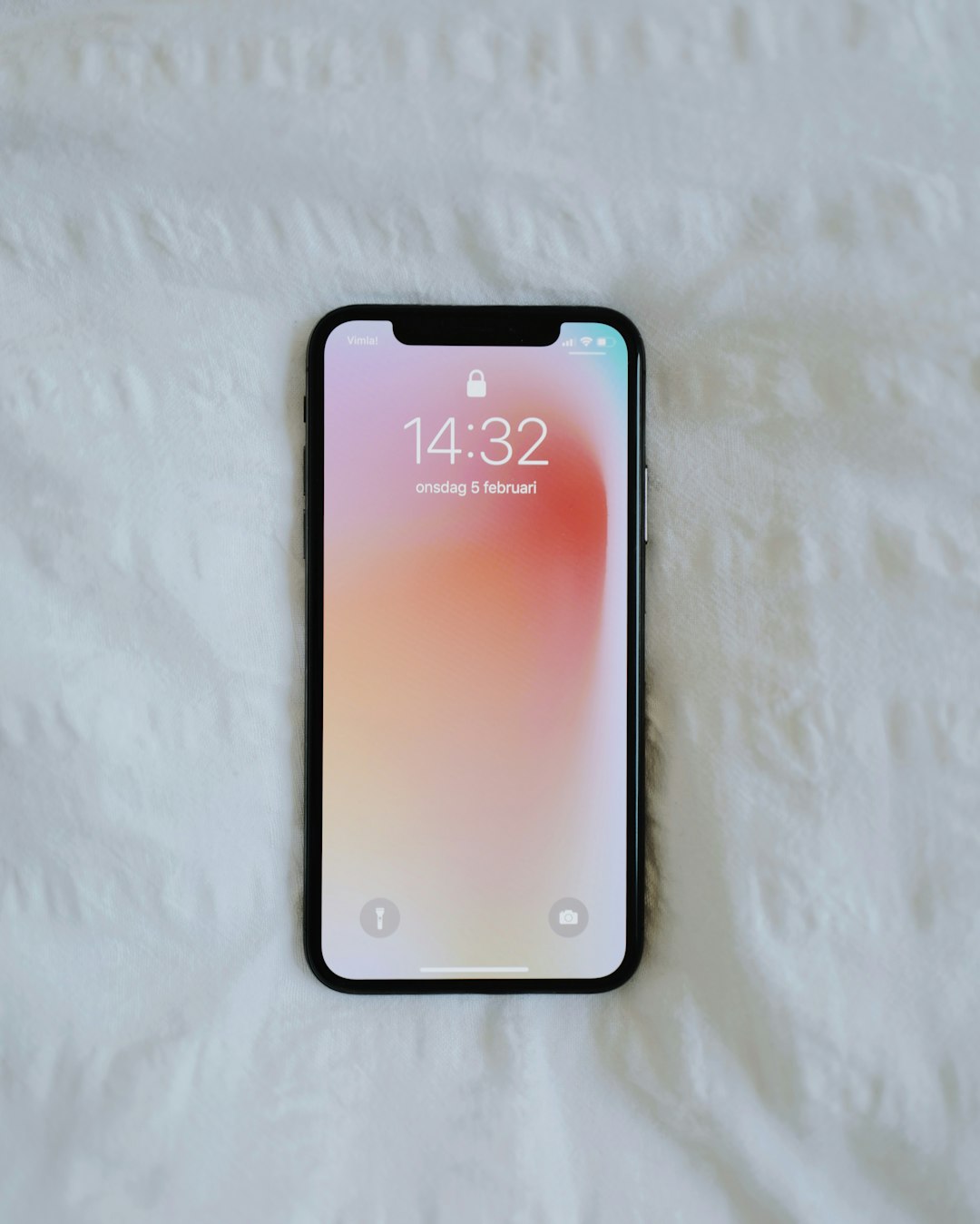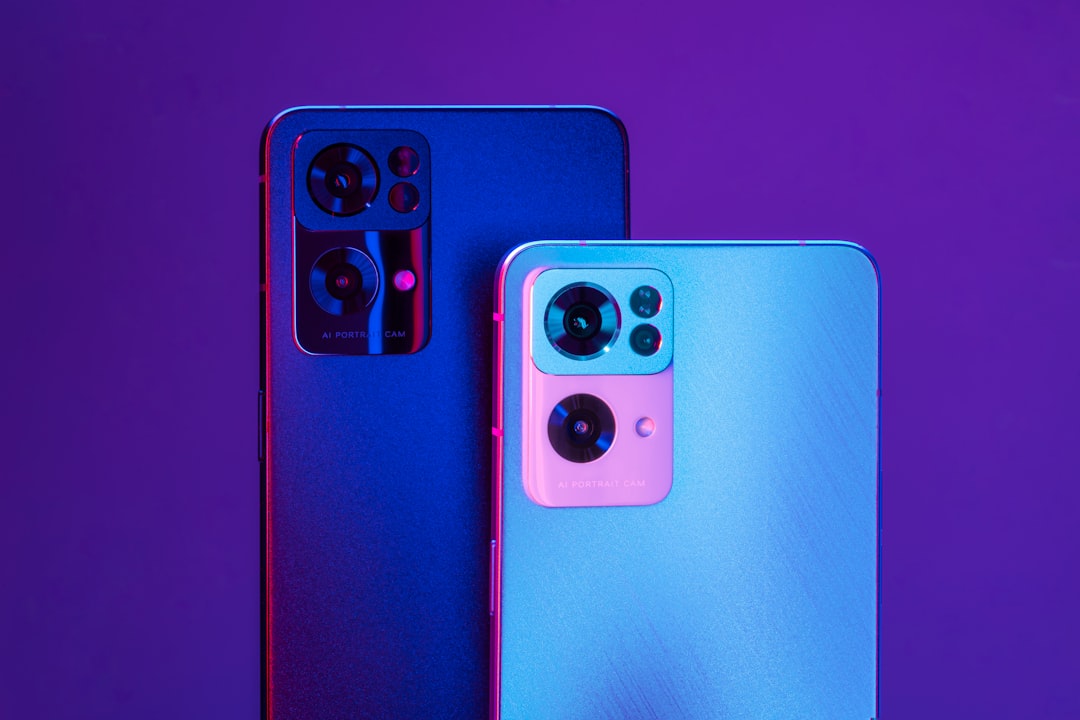Ohio's strict "do not call" laws protect residents from intrusive telemarketing by requiring explicit consumer consent for sales pitches and imposing heavy fines on violators, including do not call attorneys in Ohio. The state's Do Not Call list is a powerful tool for individuals to safeguard their privacy and control unwanted commercial solicitations. Specialized do not call attorneys help clients register, resolve disputes, and ensure businesses comply with these regulations, significantly reducing unsolicited phone contact. These laws cover automated, prerecorded, or live voice calls for sales or promotions, except under specific exceptions.
“Unraveling the complexities of Do Not Call regulations in Ohio is crucial for both consumers and businesses. This comprehensive guide delves into the intricacies of Ohio’s do-not-call laws, shedding light on their key provisions and protections. We explore who these laws apply to, from telemarketers to collectors, and uncover the potential penalties, including fines, for violations.
Furthermore, we navigate the rights and resources available to Ohio residents, emphasizing when to consult with a local do-not-call attorney to safeguard your consumer rights. Understanding these regulations is essential for navigating the legal landscape surrounding unwanted calls.”
Do Not Call Laws in Ohio: Overview and Key Provisions

In Ohio, do not call laws are designed to protect residents from unwanted telemarketing calls and sales pitches. These regulations are part of a broader effort to safeguard consumer privacy and prevent fraud. The key provisions include restrictions on when and how businesses can contact consumers by phone, with specific rules around obtaining consent and honoring “do not call” requests.
Ohio’s do not call laws mandate that companies must obtain explicit permission from individuals before making telemarketing calls. This means that if a consumer has not given their express consent to be contacted, businesses, including do not call attorneys Ohio, are prohibited from making automated or prerecorded calls. Violations can result in significant fines, emphasizing the importance of adhering to these regulations to protect consumers’ rights and maintain a fair business environment.
– Explanation of the Do Not Call list and its purpose

In Ohio, the Do Not Call list is a registry designed to protect residents from unwanted telemarketing calls and sales pitches. This list allows individuals to opt-out of receiving telephone solicitations from various businesses and organizations. The primary purpose is to give Ohioans control over their phone communications, ensuring they are not disturbed by unsolicited commercial calls during meals, work, or personal time. By registering on the Do Not Call list, residents can expect a significant reduction in such unwanted contact.
Do Not Call attorneys in Ohio play a crucial role in helping individuals and businesses understand and comply with these regulations. They guide clients through the process of registration, ensuring their rights are protected. These legal professionals also assist in resolving disputes related to Do Not Call violations, where businesses might unintentionally call listed numbers, leading to potential fines.
– Who is covered under Ohio's do-not-call laws?

Ohio’s do-not-call laws protect residents from unwanted telemarketing calls and are designed to respect individuals’ privacy and personal time. These laws apply to a wide range of entities, including both businesses and individuals who make outbound telephone solicitations for commercial purposes. Specifically, this means that do not call attorneys in Ohio must adhere to these regulations when reaching out to potential clients.
The scope of the law covers any person or organization that makes automated, prerecorded, or live voice calls using an automatic dialing system or a pre-recorded message to sell or promote goods and services. This includes calls for fundraising purposes, surveys, political campaigns, and more. Exclusions apply to internal company calls, non-commercial calls from public agencies, and calls made with the prior written consent of the recipient.






